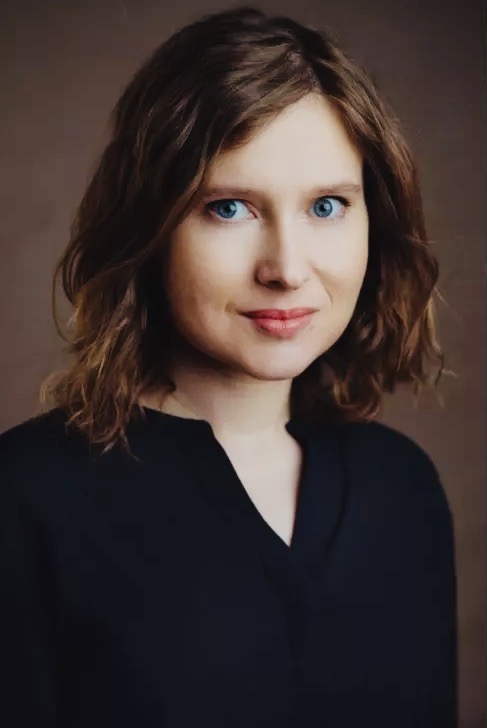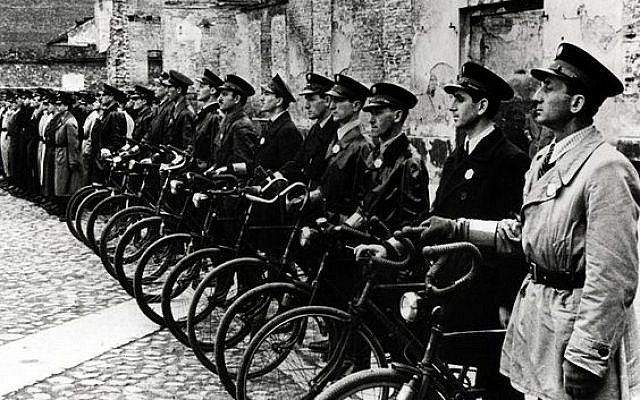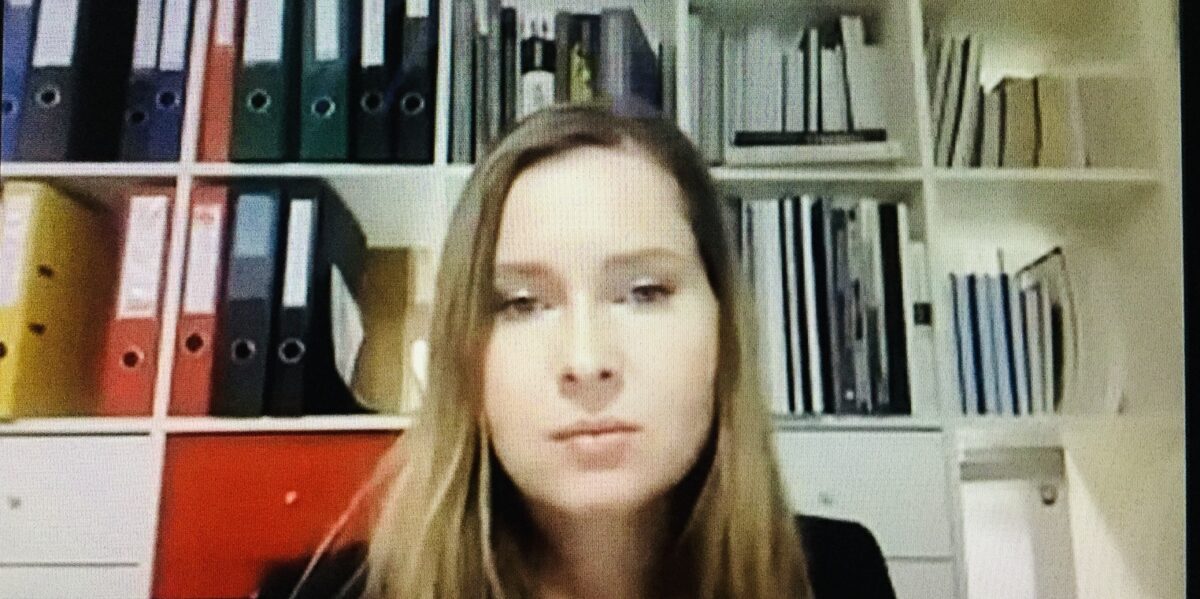In what amounted to a settling of accounts, some Holocaust survivors in postwar Poland tried to avenge the deaths of their loved ones by exacting punishment on Poles who murdered Jews.
These survivors regarded revenge as a therapeutic sacred right and duty, said Polish historian Katarzyna Person in a zoom lecture earlier this month sponsored by the YIVO Institute for Jewish Research in New York City. Person’s lecture was titled The Emotional Geography of Revenge: Polish Jews and the Search for Postwar Justice.
Vengeance was survivors’ preferred method of coming to terms with their personal traumatic experiences, said Person, a member of the Jewish Historical Institute in Warsaw and the author of Warsaw Ghetto Police: The Jewish Order Service During the Nazi Occupation, published by Cornell University Press in association with the United States Holocaust Memorial Museum in Washington, D.C.

Polish Jews who sought out Polish perpetrators would typically return to the scene of the crime in a bid to punish them.
Jews perceived as having been collaborators were also targeted by Jewish vigilantes, she noted.
They included members of the Nazi-appointed Jewish Councils, which administered ghettos on behalf of the Germans, as well as Jewish policemen charged with maintaining order in the ghettos.

To Jews, the blows inflicted by Jewish collaborators were more painful than those perpetrated by Polish collaborators and Germans, she said.
By her estimate, at least 30 Jewish collaborators were tried by Polish courts in the wake of the war. She did not say whether any were pronounced guilty. The Polish government sanctioned such trials to discourage Holocaust survivors from taking the law into their own hands, she said.
Person did not provide information concerning the number of Jewish retaliatory incidents that occurred from about 1945 to 1948. The majority of such accounts were documented by Jewish memorial books published after the war, she said.
She listed two examples.
“Take revenge for our blood,” wrote Y. Frenkel in On the Ruins of Sierpc, published in Tel Aviv in 1959.
And in On The Road of Destruction and Revenge, released in Tel Aviv in 1977, Mariasza Botwinik acknowledged that her desire for revenge overwhelmed her.
Jewish communities in Poland discouraged vigilante vengeance, leading most Jews to refrain from violence, said Person. Instead, they rebuilt their lives through marriage and procreation, while still others joined the security forces.
